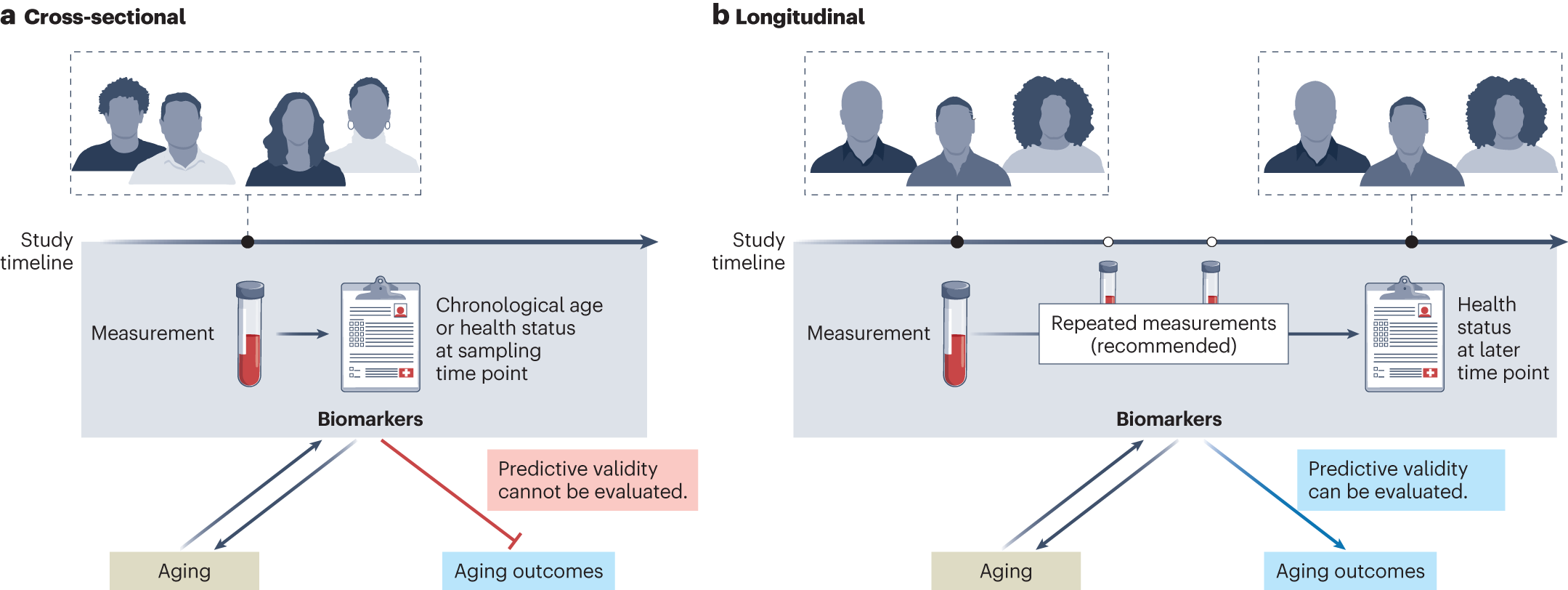Precision Medicine Poised for Significant Expansion in Aging and Lifestyle Disease Management

New advancements in precision medicine are set to revolutionize the approach to aging and lifestyle-related diseases, with a strong focus on accelerating biomarker discovery and leveraging data-driven insights. This forward-looking shift promises to move healthcare beyond a one-size-fits-all model, offering tailored prevention, diagnosis, and treatment strategies. The concept, as highlighted by Parmita Mishra, suggests that the scope of precision medicine will expand to encompass various factors crucial for attacking non-congenital, lifestyle diseases.
The global personalized medicine market is experiencing robust growth, projected to reach approximately $1,315.43 billion by 2034, growing at a compound annual growth rate (CAGR) of 8.10% from 2025. This expansion is largely driven by advancements in genetic analysis, molecular diagnostics, and the increasing prevalence of chronic conditions such as cancer, central nervous system disorders, cardiovascular diseases, and age-related ailments. AI technology is a key enabler, facilitating the analysis of vast datasets, pattern identification, and treatment optimization.
A core aspect of this evolution involves the acceleration of aging biomarker discovery and data collection. Traditional chronological age often fails to capture the biological heterogeneity of aging, leading researchers to focus on biomarkers that quantify biophysiological aging processes. These include molecular and cellular markers like telomere length, epigenetics (DNA methylation), transcriptomics, proteomics, and metabolomics, all of which offer insights into an individual's biological age and disease risk.
The integration of multi-omics data (genomics, transcriptomics, proteomics, metabolomics, microbiomics) is becoming central to precision medicine. This comprehensive approach, combined with artificial intelligence and machine learning, allows for a deeper understanding of disease mechanisms and the identification of novel therapeutic targets. AI-driven predictive analytics can forecast treatment responses and disease progression, moving healthcare towards a more proactive and preventive paradigm.
Precision medicine is particularly impactful for lifestyle diseases, which are often influenced by complex interactions between genetics, environment, and daily habits. By understanding these individual variations, healthcare providers can design personalized interventions, from nutrition and physical activity plans to targeted pharmacological treatments. This tailored approach aims to enhance treatment efficacy, minimize adverse effects, and improve overall health outcomes, especially for the aging population.
The future trajectory of precision medicine emphasizes a holistic and person-centered approach, moving beyond solely genetic profiles to incorporate social, demographic, behavioral, and clinical characteristics. This comprehensive data integration, supported by advanced computational capabilities, is expected to lead to more accurate diagnoses, earlier interventions, and ultimately, a significant improvement in managing age-related and lifestyle diseases.